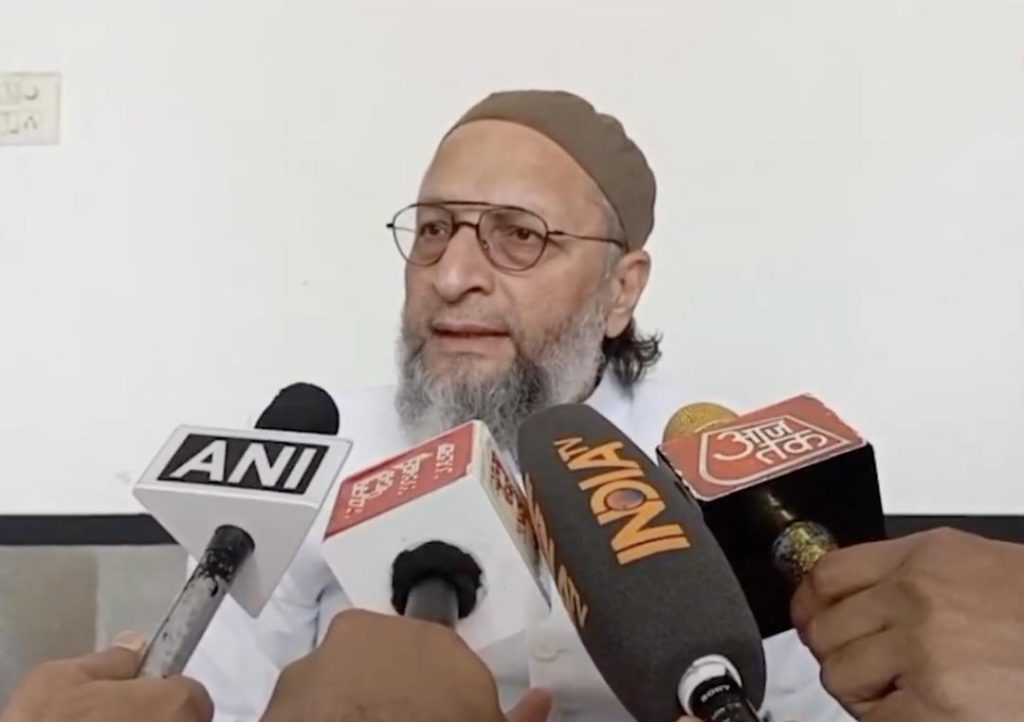
Arrest 4-5 ministers & govt is gone: Owaisi on PM-CM removal Bills
The recent debate around the Constitution (130th) Amendment Bill, which seeks to introduce a provision for the removal of Prime Ministers, Chief Ministers, and ministers arrested for at least 30 days, has reignited a heated discussion on the balance of power in the country. Amidst this controversy, AIMIM chief Asaduddin Owaisi has made a startling statement, saying that the government can be toppled if four or five ministers are arrested. In this blog post, we will delve into the implications of this proposed bill, Owaisi’s remarks, and what they might mean for Indian politics.
The Constitution (130th) Amendment Bill, also known as the PM-CM removal bill, aims to amend Article 74 and 75 of the Indian Constitution, which deal with the removal of the Prime Minister and the Council of Ministers. The bill proposes that the President can remove the Prime Minister, or any other minister, if they are arrested for at least 30 days. This move has been met with widespread criticism, with many arguing that it is an attempt to undermine the democratic process and encroach upon the powers of the judiciary.
Owaisi’s remarks, made during a recent press conference, have added fuel to the fire. “Just arrest four-five ministers, and government is gone,” he said, dismissing the proposed bill as a means to control the government. His statement has sparked a debate about the potential consequences of such a move, with many wondering if the AIMIM chief was suggesting that the government is so fragile that it can be toppled by targeting a few key ministers.
It is essential to understand the context in which Owaisi made these comments. The AIMIM chief has been a vocal critic of the current government, and his party has been critical of the ruling party’s handling of various issues, including the economy, healthcare, and education. In the light of this, his statement can be seen as an attempt to highlight the potential consequences of the proposed bill, which could be used to target political opponents.
However, Owaisi’s statement also raises questions about the stability of the government and the potential for abuse of power. If just a few ministers can be arrested to topple the government, it suggests that the government is weak and vulnerable to external pressures. This could have far-reaching implications for the functioning of the government and the stability of the country.
Moreover, Owaisi’s statement has also been criticized for its lack of nuance and its failure to consider the potential consequences of such a move. While it is true that the proposed bill raises concerns about the balance of power between the executive and the judiciary, it is also important to consider the potential benefits of such a measure. For example, it could prevent the government from abusing its power and using its majority to stifle opposition voices.
The debate around the PM-CM removal bill is not new. In fact, the idea of allowing the President to remove the Prime Minister has been discussed in the past, with some arguing that it would be a useful tool for maintaining checks and balances in the government. However, the current controversy has highlighted the need for a more nuanced debate on the issue, one that takes into account the potential consequences of such a move.
In conclusion, Owaisi’s statement on the PM-CM removal bill has sparked a heated debate about the potential consequences of such a move. While it is true that the bill raises concerns about the balance of power between the executive and the judiciary, it is also important to consider the potential benefits of such a measure. Ultimately, the debate around this bill is a reminder of the need for a more nuanced and informed discussion about the role of the government and the balance of power in our democracy.






